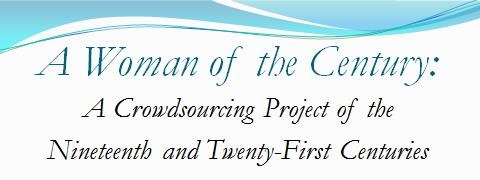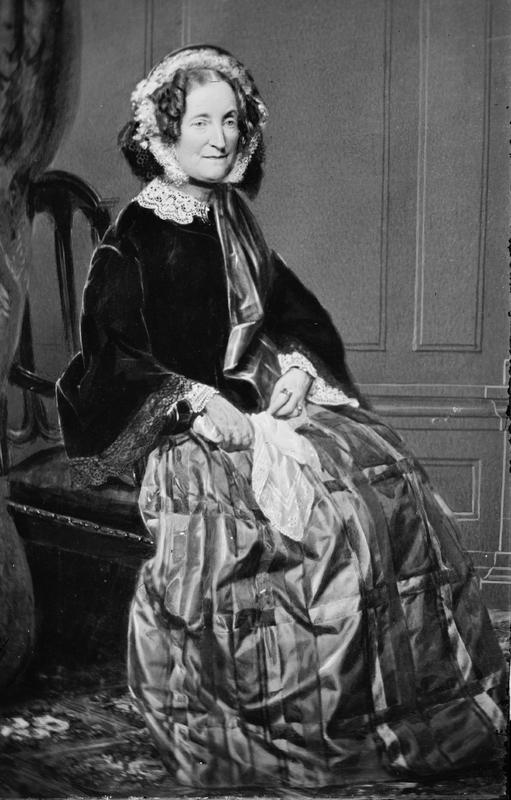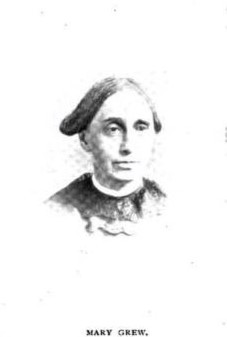August 27 - September 2
Women of the Week
Two Connecticut women who were born on September 1, Lydia Huntley Sigourney, a writer from Norwich, and Mary Grew, an anti-slavery agitator and preacher from Hartford, are this week's Women of the Week.
-
To learn about them by viewing their items, please click on their images.
-
To read their biographical sketches in A Woman of the Century, please click on the highlighted page numbers to the left of their images.
Lydia Huntley Sigourney, one of the most famous female writers of the nineteenth century, was born in Norwich, Connecticut on September 1, 1791. As a young woman, Lydia taught in her hometown. In 1819, she married Charles Sigourney and became the mother of five children. Unfortunately, she lost three children as infants and her son Andrew at age nineteen.
During her adult life, Sigourney lived in Hartford, where she wrote and engaged in philanthropic work. "The Sweet Singer of Hartford," as she was known, contributed to Godey's Lady's Book, Graham's Magazine, and other periodicals. Lydia also wrote many books, including Young Ladies' Offering; or, Gems of Prose and Poetry, and penned a memoir of poet Felicia Hemans.
Her friends and supporters included Nancy Maria Hyde, Daniel Wadsworth, Catharine Maria Sedgwick, Sarah Josepha Hale, George R. Graham, and Rufus Wilmot Griswold.
Lydia passed away on June 10, 1865 and was buried in Hartford's Spring Grove Cemetery. Her memoir, Letters of Life, with an Appendix by her daughter Mary Huntley Sigourney Russell, was published by D. Appleton and Company in 1866.
Mary Grew, an anti-slavery agitator and preacher, was born in Hartford, Connecticut on September 1, 1813. She later lived in Boston, Massachusetts and Philadelphia, Pennsylvania.
Mary was devoted to abolition, speaking on the topic and collaborating with others to fight slavery through the Boston Female Anti-Slavery Society and the Philadelphia Female Anti-Slavery Society.
Also interested in women's rights, Mary was a founder and leader of the Pennsylvania Woman Suffrage Association.
Eager to share her ideas on religion with a large audience, Mary became a Unitarian minister and preached at churches of many denominations.
Mary passed away on October 10, 1896.


